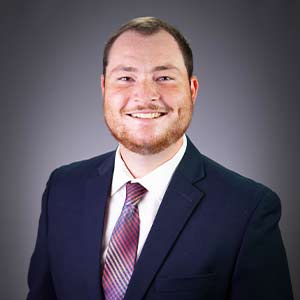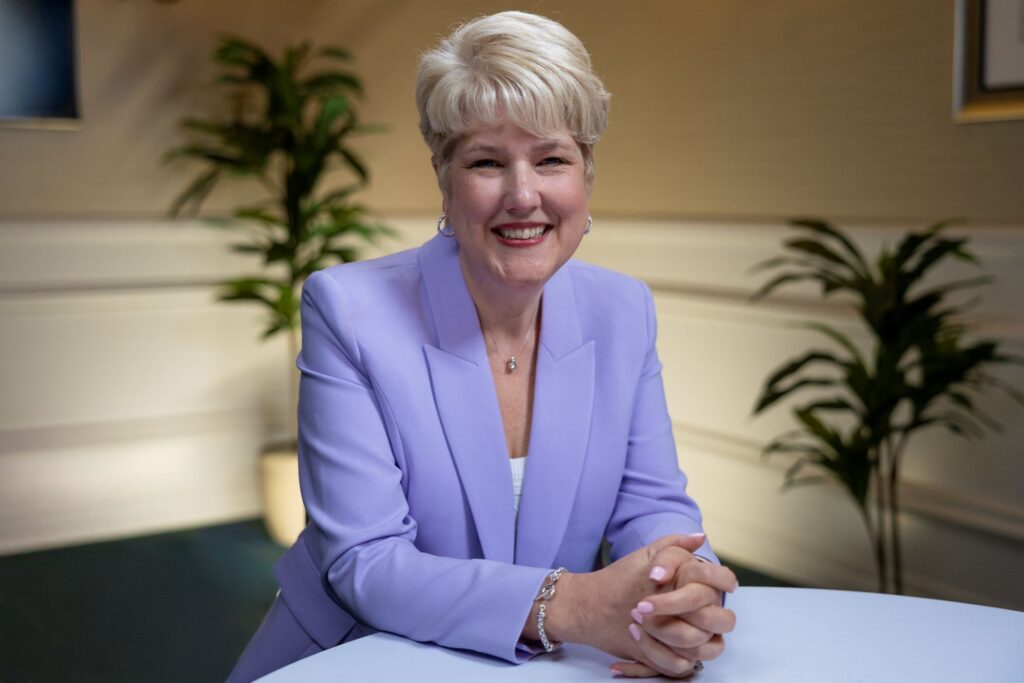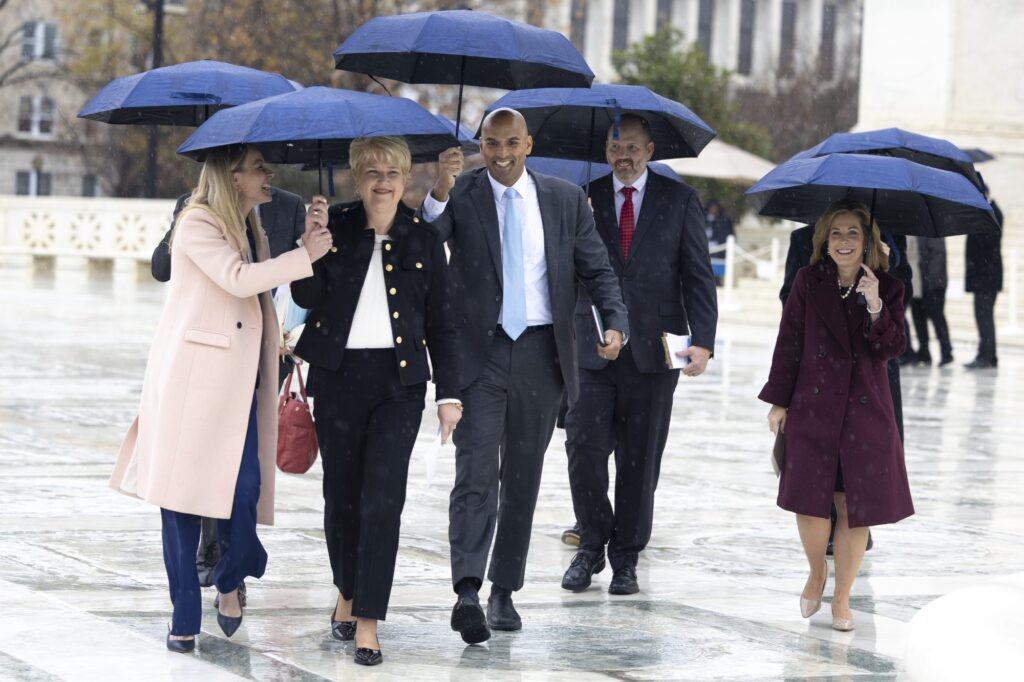
Mayra Rodriguez first started working at Planned Parenthood because she believed she would be helping women, particularly those of Hispanic descent like herself. When the human resources director asked Mayra how she felt about abortion, she said she responded how she believed a good Christian should: “I wouldn’t have one, but if someone else does, who am I here to judge?”
But after many years working for the largest abortion business in the nation, Mayra learned that Planned Parenthood doesn’t prioritize helping women. The organization prioritizes abortion, even when it comes at the expense of patients’ health and well-being.
Creating a culture of abortion
When Mayra started at Planned Parenthood, she worked in a federally funded center that did not perform abortions. Even as she rose through the ranks and became the director of Planned Parenthood centers in north Phoenix and Flagstaff, Arizona, she still worked exclusively on “preventive care,” not abortions.
But after Planned Parenthood named her Employee of the Year in 2016, she was pressured to become the director of the largest abortion center in the state.
“They told me, ‘If you don’t accept the abortion clinic, very soon we will close the clinic that you have in north Phoenix and we do not guarantee that there will be work for you,’” Mayra told the Catholic News Agency.
After she reluctantly decided to take the position, she quickly learned that abortion isn’t just a “side” of Planned Parenthood: it’s the main objective.
“Seeing the way women get treated there, it was all about money,” Mayra told the Living a Culture of Life podcast. “And that was another shocking wake-up call for me. I thought Planned Parenthood was there to help women, and this was all about money.”
Mayra said she was told to see as many patients as possible each day, sometimes as many as 50, and to do so before 4:00 p.m. so the abortionist didn’t have to “go home late.”
Punished for speaking out
Mayra knew she was supposed to separate federal funding from the money used to fund abortions, but she raised concerns to a supervisor that the way one of the centers was being run (and the way the funds were being used) made it impossible not to use the funding for abortion-related services.
As Mayra learned firsthand, money is fungible, which means that funneling taxpayer funds to abortion facilities for any purpose indirectly subsidizes abortions. That’s one reason why Alliance Defending Freedom defended states’ ability to direct taxpayer funding away from abortion businesses in Medina v. Planned Parenthood South Atlantic.
During her time at Planned Parenthood, Mayra raised multiple concerns to a lead clinician about patients suffering bleeding, cramps, and other complications after one abortionist performed their abortions. The clinician told her that upper management would address the concerns, but the problems did not seem to improve.
Mayra recalled one harrowing story of a 19-year-old who had an abortion through dismemberment. The abortionist was supposed to account for all the baby’s body parts, but he allegedly made an assistant do so instead. She told him she was unable to find the baby’s head, but he had already inserted an IUD into the patient.
Mayra said the assistant told her as it was happening, and when she confronted the abortionist about it, he told her to “go find one in the trash.”
“At that moment, I’m going to confess, that something not only shocked me, because at this point I wasn’t shocked by anything he said, but angered me,” Mayra said. She said the doctor had to remove the IUD and complete the abortion after the ultrasound revealed the baby’s head was still in the patient’s womb.
After more of her complaints were ignored, Mayra said she eventually received a memo accusing her of failing to adhere to Planned Parenthood policies. She told the HR director that she felt the memo was a “form of harassment” to try to silence her.
Soon after, a supervisor claimed that she had found narcotics in Mayra’s desk. According to a lawsuit Mayra later filed, the medication was not a narcotic, and it was common for employees to store medication in their desks before giving it to the purchasing department so it could be properly handled.
The lawsuit said that Mayra contacted her supervisor, but she was told an incident report did not need to be filed. One day later, the facility fired her for allegedly violating its controlled substance policy.
Holding Planned Parenthood accountable
Thankfully, Mayra won a wrongful termination lawsuit against Planned Parenthood. She now works with And Then There Were None, an organization dedicated to helping abortion workers get out of the deadly industry.
But as Mayra’s story demonstrates, Planned Parenthood is a dangerous organization that pushes abortion over true healthcare. Most Americans do not want their taxes funding an abortion business like that.
In the Medina case, the state of South Carolina determined that abortion businesses such as Planned Parenthood are not qualified to receive Medicaid funds, and stories like Mayra’s show why that is. But Planned Parenthood and one of its clients sued South Carolina in federal court.
The case rose all the way to the U.S. Supreme Court, where ADF attorneys argued on behalf of South Carolina. And in June 2025, the High Court issued a decision allowing South Carolina and other pro-life states to direct Medicaid funding away from abortion businesses, including Planned Parenthood.
States must have the ability to direct taxpayer funding to true healthcare providers, not businesses like Planned Parenthood that profit from killing unborn children. The Supreme Court’s ruling will help ensure that states are not forced to indirectly fund abortion.






